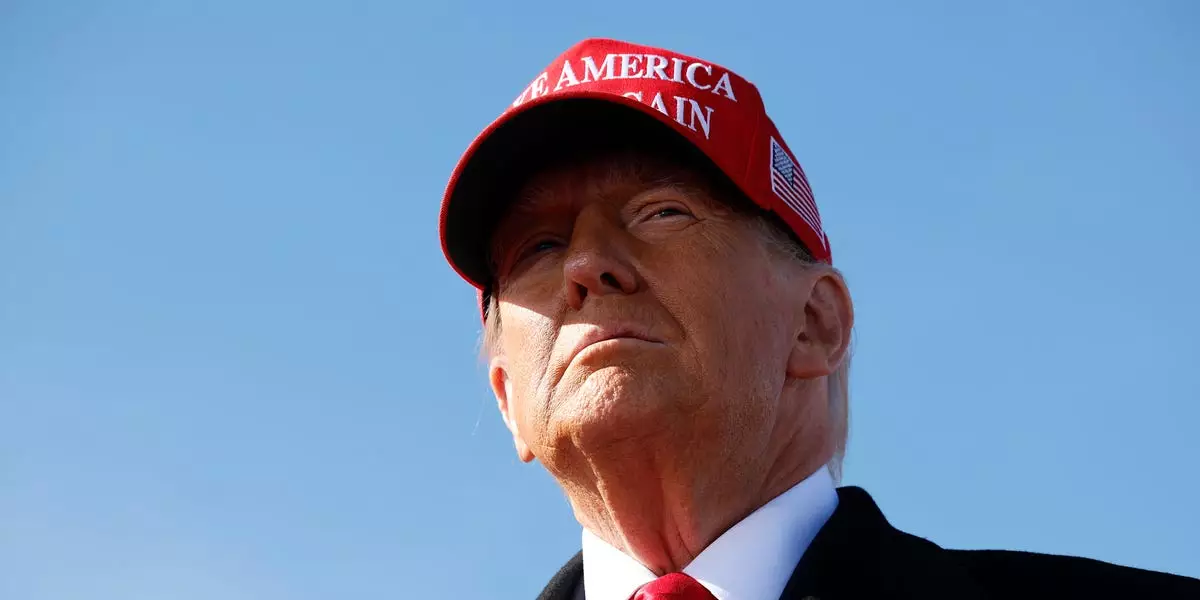The 2024 presidential election has proven to be one of the most contentious and pivotal events in American political history. Former President Donald Trump emerged victorious against Vice President Kamala Harris, capturing the nation’s attention and reflecting an intensifying political divide. This election was not just an ordinary political contest; it was a dramatic saga laden with profound implications for the future of the United States. Trump, alongside Vice President-elect JD Vance, campaigned vigorously with a promise to rejuvenate the economy, implement substantial tax reforms, and undertake what he termed the “largest deportation” campaign in American history.
Trump’s rallying cry resonated with a segment of the electorate that feels marginalized and anxious about economic and social changes. His assertion during a final campaign rally in Pennsylvania, “We had the safest border in the history of our country the day that I left. I shouldn’t have left,” encapsulates a narrative aimed at rekindling a sense of security and order that many of his supporters yearn for.
Unprecedented Challenges
This electoral journey unfolded against a backdrop of immense turmoil, marked by the lasting scars of the COVID-19 pandemic, which tragically claimed over 1.1 million American lives. The psychological toll of this crisis, combined with civil unrest exemplified by the violent January 6 Capitol siege and the overturning of Roe v. Wade, escalated the stakes in the political arena. Almost immediately, these elements transformed the election into more than just a contest of policies; it became a battleground for competing visions of America’s identity and future.
Amidst these serious challenges, the campaign was marred by instances of extreme volatility, including threats of violence, conspiratorial allegations about immigrant communities, and efforts to tamper with voting procedures, such as the burning of ballot boxes. The ensuing tension led to widespread anxiety among voters, with studies indicating that more than half of Americans reported increased stress levels leading up to Election Day.
A Historic Election
Trump’s election is significant not only for its outcome but also for the unconventional circumstances surrounding it. He stands as the first president in American history to be elected after facing a conviction for falsifying business records, an act that has defied traditional political norms. Additionally, during his previous term, Trump appointed three conservative justices to the Supreme Court, whose decisions have sparked considerable backlash from various sectors of society, particularly concerning reproductive rights.
As the nation braces for Trump and Vance taking the oath of office on January 20, 2025, it is essential to reflect on the implications of this electoral outcome. This election, characterized by a complex interplay of hope, anxiety, and division, will shape the discourse and direction of American politics for years to come. The anxieties that have permeated the electorate are unlikely to dissipate, suggesting that the future political landscape will continue to be shaped by the fissures exposed during this election cycle. As the dust settles, one thing is clear: the ramifications of the 2024 presidential election will resonate far beyond the ballot box.

